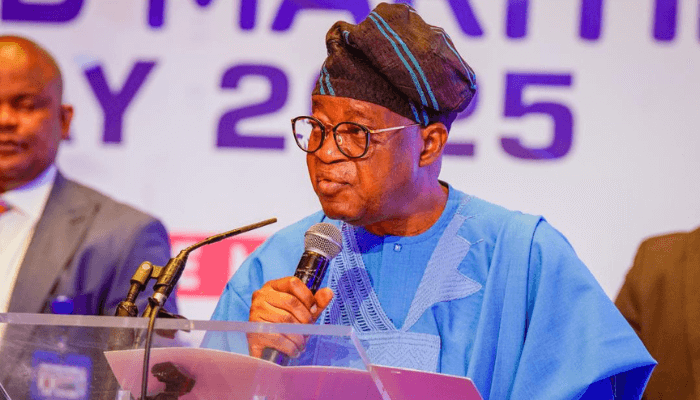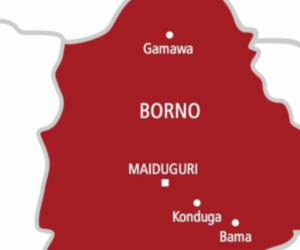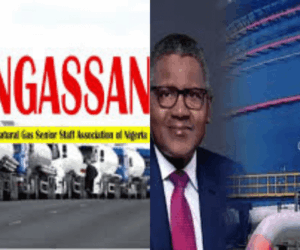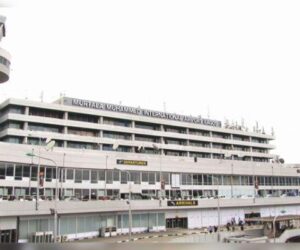Nigeria’s Ministry of Marine and Blue Economy is seeking new funding to implement its ambitious 10-year policy, with officials acknowledging that public funding is insufficient for the scale of transformation envisioned.
At a stakeholder meeting in Lagos, Adegboyega Oyetola, the coordinating minister, said finance is the “lever that will attract long-term and progressive capital critical” and determine whether the ministry’s goals take off.
The funding gap, according to Olufemi Oloruntola, the ministry’s permanent secretary must be closed to move from policy to practice.
“Resources we currently receive from the national budget are grossly inadequate compared to the enormous responsibility before the ministry and sector,” he warned.
He described public funding not as charity but as “seed capital” that would unlock private investment. Without it, Nigeria risks falling behind its neighbours while billions of naira continue to leak abroad through freight payments on foreign vessels.
When the Ministry was created midway through the 2023 fiscal year, its activities were initially funded through take-off grants and possibly allocations from the existing 2023 appropriation.
Read also: Marine and Blue Economy: Oyetola’s two-year voyage of reform and growth
It was in 2024 that a full, dedicated annual budget was first presented by the minister which amounted to N10.9 billion. He later reported that the total capital appropriation for the ministry in the 2024 budget was approximately N10.85 billion.
By 2025, the ministry upped the proposed budget to N12.2 billion which was presented and defended before the National Assembly committee in late 2024. The executive proposal eventually slated up to N38 billion for the ministry, which it sees as insufficient for the scale of its goals.
The ministry’s 10-year policy maps out certain priorities from port modernisation and inland waterways to fish landing sites, aquaculture, marine tourism, and renewable energy.
Oloruntola argued that the sector’s potential goes beyond trade, pointing to the surge of diaspora spending every festive season. With the right coastal infrastructure, he said, the marine economy could capture a slice of those inflows as foreign exchange and revenue.
With government funding inadequate, the ministry and capital market operators see bonds as alternative financing.
Jude Chiemeka, chief executive of the Nigerian Exchange (NGX) said blue bonds, which are loans raised through the capital market, but tied specifically to projects that protect or develop marine projects, could unlock huge sums of much-needed capital.
“We have N24.6 trillion in pension assets, with 5 percent set aside for sustainability, including blue and green bonds,” he told stakeholders. “Each time green bonds have been issued, they have been oversubscribed. The money is there. The question is, how do you then get this money?”
The NGX reckons that once incorporated into the national budget, the Debt Management Office could issue the bonds, attracting both domestic pension funds and international investors.
Seychelles, he pointed out, raised $15 million from a blue bond to support its fisheries industry, a scale Nigeria, with over 853 km of coastline and significant freshwater bodies, could surpass.
Yet even as officials push for creative financing, Oloruntola stressed that the first step remains legislative.
“Even the most innovative financial tools and private investments require a solid public funding base to thrive,” he said. “We therefore call on the relevant authorities, most especially the National Assembly, to prioritise the marine and green economy sector.”
He says Nigeria “must match ambition with resources” and “strategy into execution.”









